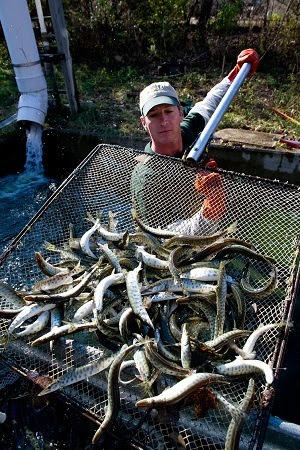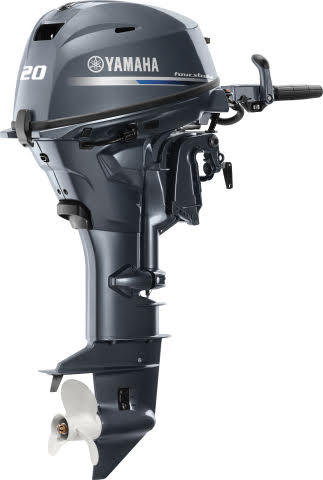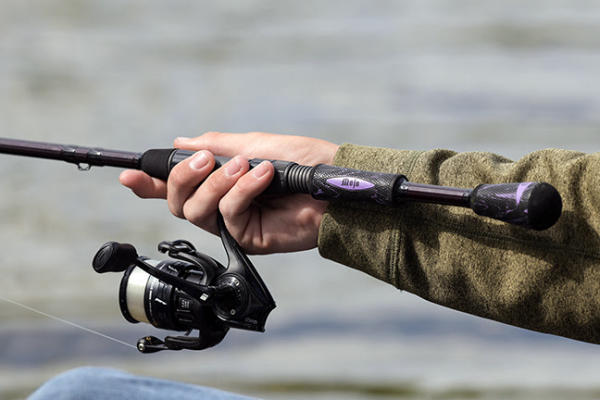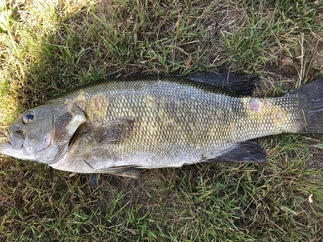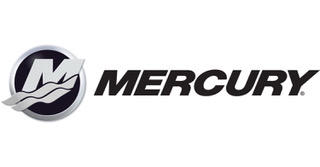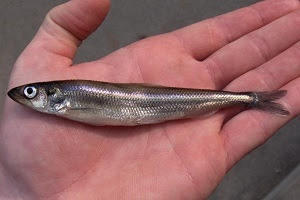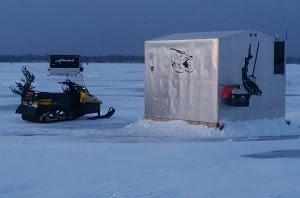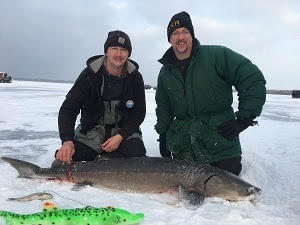Michigan’s Black Lake Sturgeon Season Over After 78 Minutes
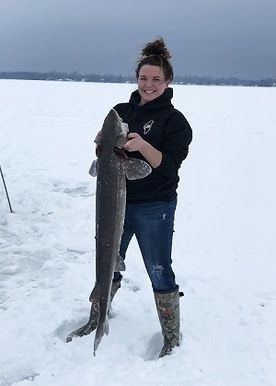
This year’s sturgeon season on Black Lake (Cheboygan County, Michigan) ended at 9:18 a.m. Saturday, Feb. 2 – after only 78 minutes of fishing.
The fishing season, which included spearing or hook-and-line fishing, was scheduled to run Feb. 2-6, or until the harvest quota had been reached. This year’s allocation of sturgeon for Black Lake anglers was seven fish, although Department of Natural Resources officials set a harvest quota of six fish.
There were 403 registered anglers on the ice Saturday, slightly down from 422 the year before. Anglers of all ages again participated, including a good number of supervised youth.
According to the DNR, the first four sturgeon harvested were males ranging from 52 to 60 inches, and 25 to 47 pounds in weight. The final two fish were females ranging from 61 to 72 inches long, and 54 to 80 pounds in weight. Read more

